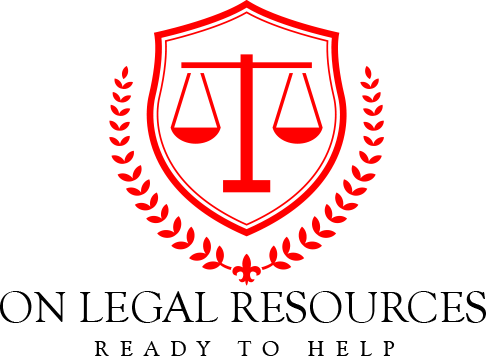Laws of Settlement: Understanding Attorney Fees in Settlements
September 4, 2023
When individuals or businesses engage in legal proceedings that lead to settlements, it’s essential to comprehend not only the laws governing settlements but also how attorney fees are determined in these cases. The question that often arises is, “How much does a lawyer get in a settlement?” In this article, we’ll explore the laws surrounding settlements and the factors that influence attorney fees in settlement agreements.
Laws Governing Settlements
Settlements in legal cases are essentially agreements between the parties involved to resolve a dispute without going to trial. These agreements can be reached at any stage of the legal process, from the pre-filing phase to during or after a trial. While settlements are often considered a favorable way to resolve disputes, they must comply with various laws and regulations to be legally binding. Some key aspects of the laws governing settlements include:
1. Voluntary Agreement
Settlements must be voluntary agreements entered into willingly by all parties involved. Coercion or fraud can invalidate a settlement.
2. Legal Formality
In most cases, settlements are required to be in writing and signed by the parties involved to be enforceable in court.
3. Consideration
Settlements typically involve some form of consideration, such as a monetary payment or a promise to perform certain actions, in exchange for the resolution of the dispute.
4. Court Approval
In certain types of cases, such as those involving minors or incapacitated individuals, court approval may be necessary to ensure the settlement is in the best interests of the affected parties.
Now, let’s turn our attention to attorney fees in settlement agreements.
Determining Attorney Fees in Settlements
The amount of attorney fees in a settlement can vary widely and is influenced by several factors:
1. Contingency Fees
In many personal injury and some other types of cases, attorneys work on a contingency fee basis. This means they only get paid if they secure a settlement or verdict for the client. Typically, the attorney’s fee is a percentage of the final settlement amount. Common contingency fee percentages range from 25% to 40% or more, depending on the complexity of the case and whether it goes to trial.
2. Hourly Rates
In other types of cases, such as business disputes or estate planning, attorneys may charge hourly rates. The final attorney fee in these cases is calculated based on the number of hours worked multiplied by the attorney’s hourly rate.
3. Negotiation Skills
The attorney’s negotiation skills play a significant role in determining the settlement amount and, consequently, the attorney fee. A skilled negotiator may secure a higher settlement, which can result in higher fees.
4. Case Complexity
Complex cases that require extensive research, documentation, and legal strategy may result in higher attorney fees. The more time and resources an attorney invests in a case, the higher the fees are likely to be.
5. Settlement Amount
In some jurisdictions, attorney fees may be calculated as a percentage of the total settlement amount. This can provide an incentive for attorneys to negotiate larger settlements on behalf of their clients.
6. Legal Ethics and Regulations
Legal ethics and state regulations may impose limitations on attorney fees in settlements to ensure they are reasonable and fair to the client.
It’s crucial for clients to discuss attorney fees and fee structures upfront with their legal counsel to avoid any misunderstandings later on. Attorneys are generally obligated to provide fee agreements in writing, outlining the terms and conditions of their fees.
In conclusion, the laws governing settlements require them to be voluntary, legally formalized, and often involve consideration. When it comes to attorney fees in settlements, the amount can vary based on contingency fee percentages, hourly rates, negotiation skills, case complexity, settlement amount, and ethical considerations. Clients should have a clear understanding of their attorney’s fee structure and expectations before entering into a settlement agreement to ensure a fair and transparent resolution of their legal matters.
